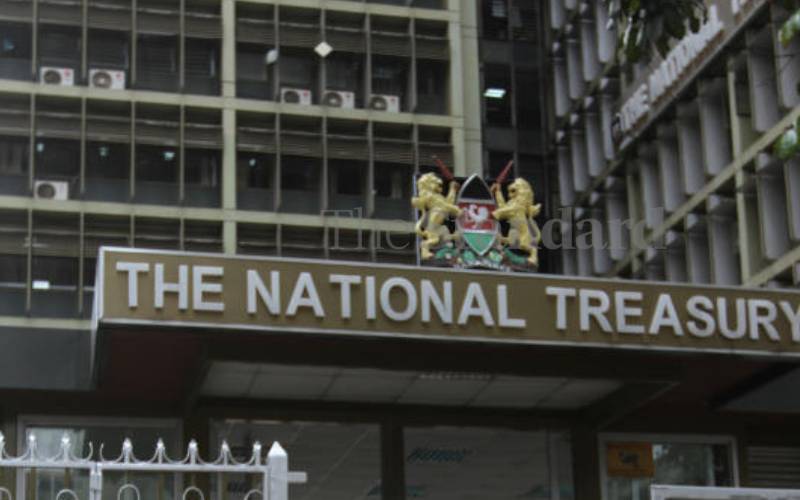×
The Standard e-Paper
Fearless, Trusted News

The National Treasury building, Nairobi. [Elvis Ogina, Standard]
Eighteen counties are at risk of not getting any funding from the National Treasury in the current financial year due to not adhering to a 35 per cent threshold on recurrent expenditure for salaries and wages.







